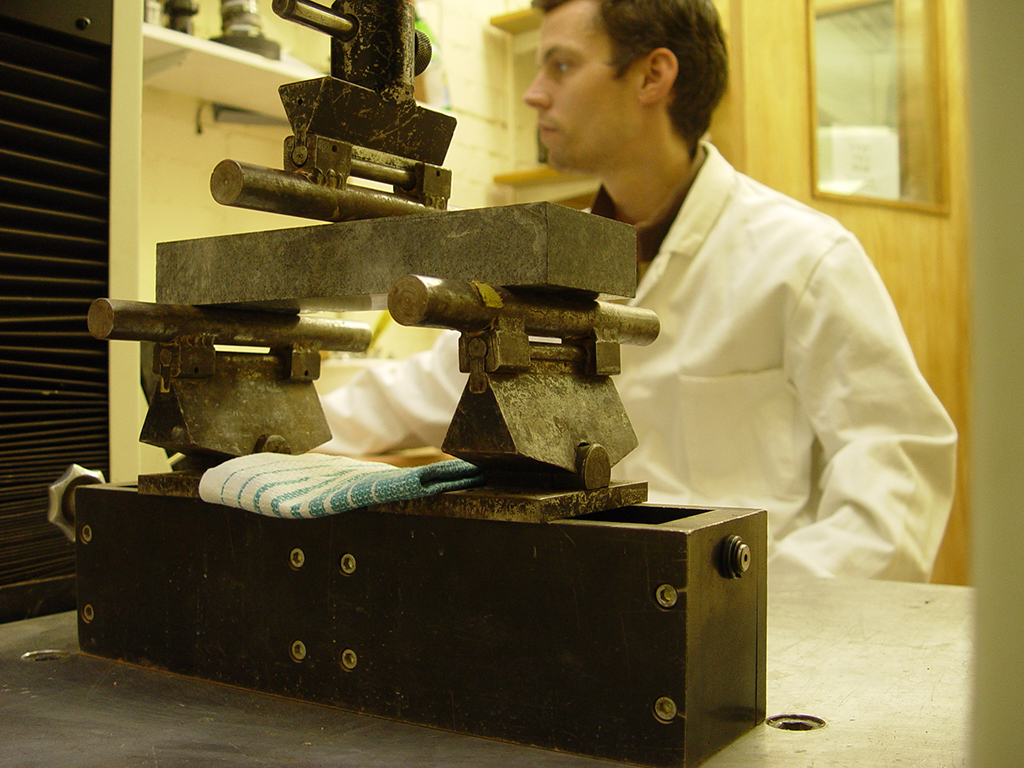The Dimension Stone Committee (C18) of ASTM, the American standards organisation, is developing a new standard to test the resistance of natural stones to freeze-thaw cycles.
Frank Strickland from ASTM says because stone is so variable its resistance to the effects of freezing and thawing cycles is also highly variable.
In the UK, freeze-thaw tests concentrate on the amount of material lost as the result of the testing.
The proposed new standard (WK84902) will specifically examine the changes in mechanical properties of compressive strength, tensile strength, and flexural strength, all widely used in designing installations with natural stone.
The new standard will complement WK81245, which examines the effect of freezing and thawing cycles on the appearance of natural stone.
The procedure described in the proposed test method will determine the effect on the mechanical properties of stones by subjecting samples to 100 freeze-thaw cycles in worst case conditions, simulating decades of potential exposure as part of a building.
Frank Strickland: “Freeze-thaw durability data will be most useful to the quarry producing stone, architects and engineers designing applications, contractors doing installations, and end customers who will be living with the results.”
This effort directly relates to the United Nations Sustainable Development Goal #12 on responsible consumption and production.
ASTM welcomes participation by industry in the development of its standards and invites anyone connected to the natural stone industry to join in the development of this standard. You can become a member of ASTM at www.astm.org/JOIN.
About ASTM International
ASTM stands for American Society for Testing & Materials. The organisation is committed to serving global societal needs with the aim of positively impacting on public health and safety, consumer confidence, and overall quality of life. It integrates consensus standards, developed with its international membership, and innovative services to improve lives. It’s stated aim is to help the world work better.

